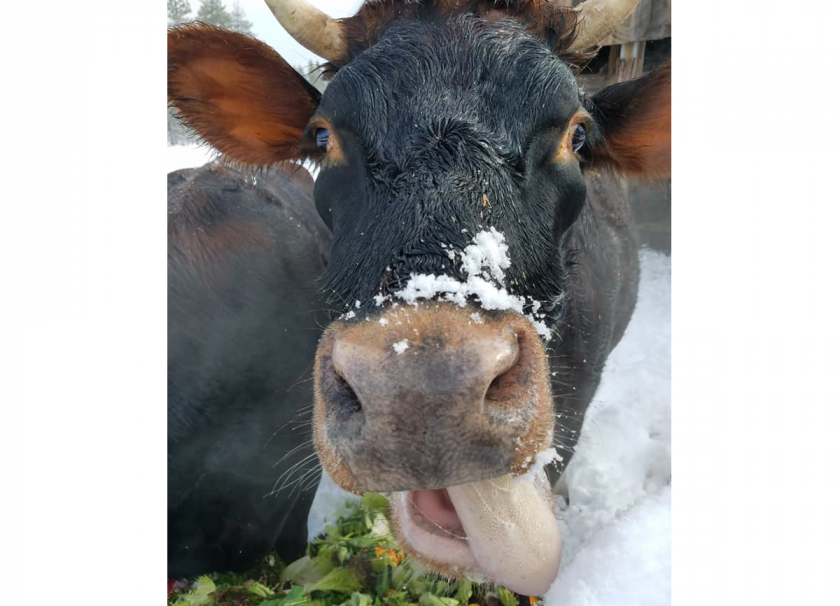
Food waste at the Co-op
By Rianna Koppel, Sustainability Coordinator
How many times in the past month have you reached back in the fridge to snack on some fresh strawberries only to discover… mold?! In the United States, 40% of food is wasted every year. Luckily, how we address food waste can have a major impact. According to Paul Hawkin’s Drawdown, reducing food waste is #3 on the list of best ways to reduce carbon dioxide emissions. At the Co-op, we use the EPA’s Food Recovery Hierarchy as a guide to bettering our own practices.
Source Reduction and Reuse
Ever wonder what happens to a carton of eggs with a cracked bunch? At the Co-op, we reuse these eggs for your breakfast. Deli staff will sort and reuse peaches, strawberries, bananas, and more for bakery goods, smoothies, and cold bar desserts. Imperfect produce can be used for vegetable stock, hot bar meals, or the salad bar. Every day at 8 pm, the Deli hot bar price is reduced to $8.95 per lb to reduce waste.
Feed Hungry People
After resourcing useable food, staff glean the rest. There are several places behind the scenes for employees to discover their dinner. On a regular day, a Co-op employee could glean a few slightly bruised apples, a damaged can of garbanzo beans, a leaky carton of goat milk, and a piece of cornbread from the night before.
Additionally, at the end of every day except Christmas, the Co-op is visited by a special guest: the Ashland Food Angels. The Angels deliver food to the Ashland Emergency Food Bank, which provides emergency food supplies, without charge, to individuals and families in the Ashland/Talent area who would otherwise go hungry.
In total, throughout every year at the Co-op, about 22,000 lbs of healthy, edible food are diverted from the landfill and given to those in need.
Feed Animals
There is one more special guest that visits the Co-op every day - Crack o' Dawn Farm. They pick up several large barrels of food scraps to deliver as fodder for the animals. The scraps are given to goats, cows, and pigs. Deli and Produce staff collect these food scraps for the farm, making sure there are no rubber bands, paper wrapping, or metal twist ties that could injure the animals.
Composting
There are two things that goats and pigs can’t eat: coffee grounds and eggshells. These are the two main components for our compost stream. A local farmer picks up these barrels weekly to add to his compost pile.
Landfill
The last stop on our journey is the landfill. Right now, the Co-op diverts over 80% of our waste, which is a strong step towards our goal of being zero-waste.
Through our practices and commitment to zero waste, we can make an impact in our community. Every time you choose to eat at the Co-op, you are choosing to support local farmers, our staff, and families in need of fresh, healthy food in Ashland and Talent. Instead of food wasters, we can count ourselves as abundant food innovators.
More Co-op News
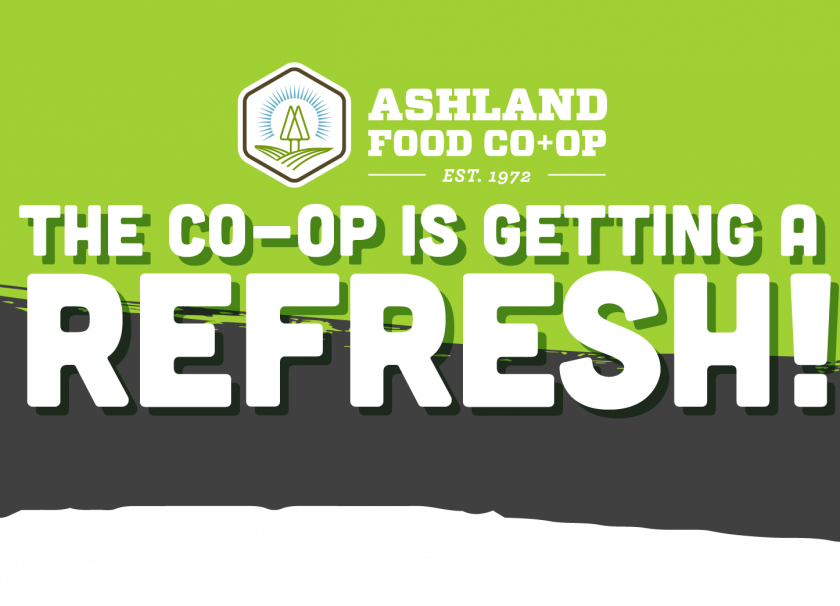
The Co-op is getting a refresh
We are giving our store a much-needed fresh coat of paint. We think you'll enjoy the changes!
When
The painting team will begin our project on February 5th, 2020 with a start time of 9pm.
Where
The entire retail store, deli serving area and interior seating area will receive a fresh new coat of paint.
Timeline
If all goes as planned, our painting project should be finished by February 20.
Will Store Hours Change?
No. We will be painting from 9pm to 5am.
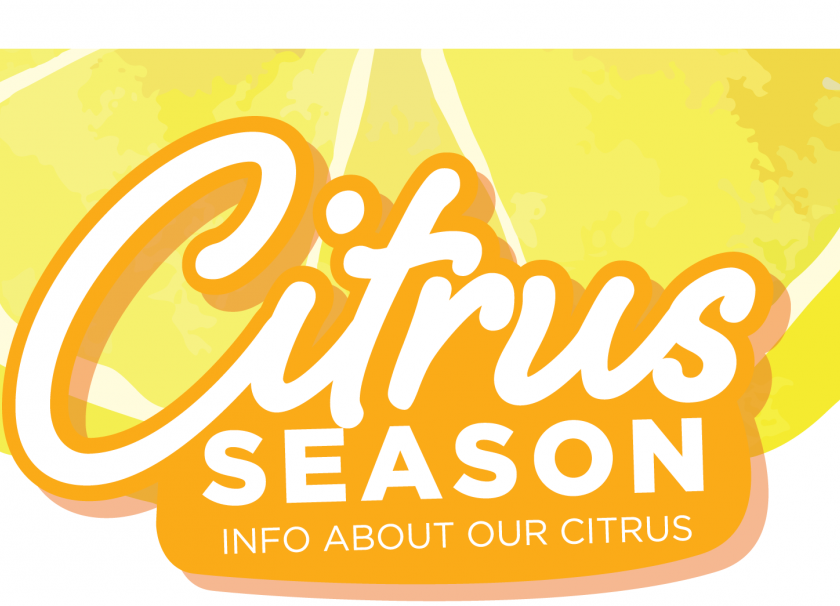
Explore citrus!
Looking to explore some new citrus varieties? Know more before you go! Check out the many types of sweet, sour and somewhere in between that you can enjoy at the Co-op! (Availability may vary due to seasonality.)
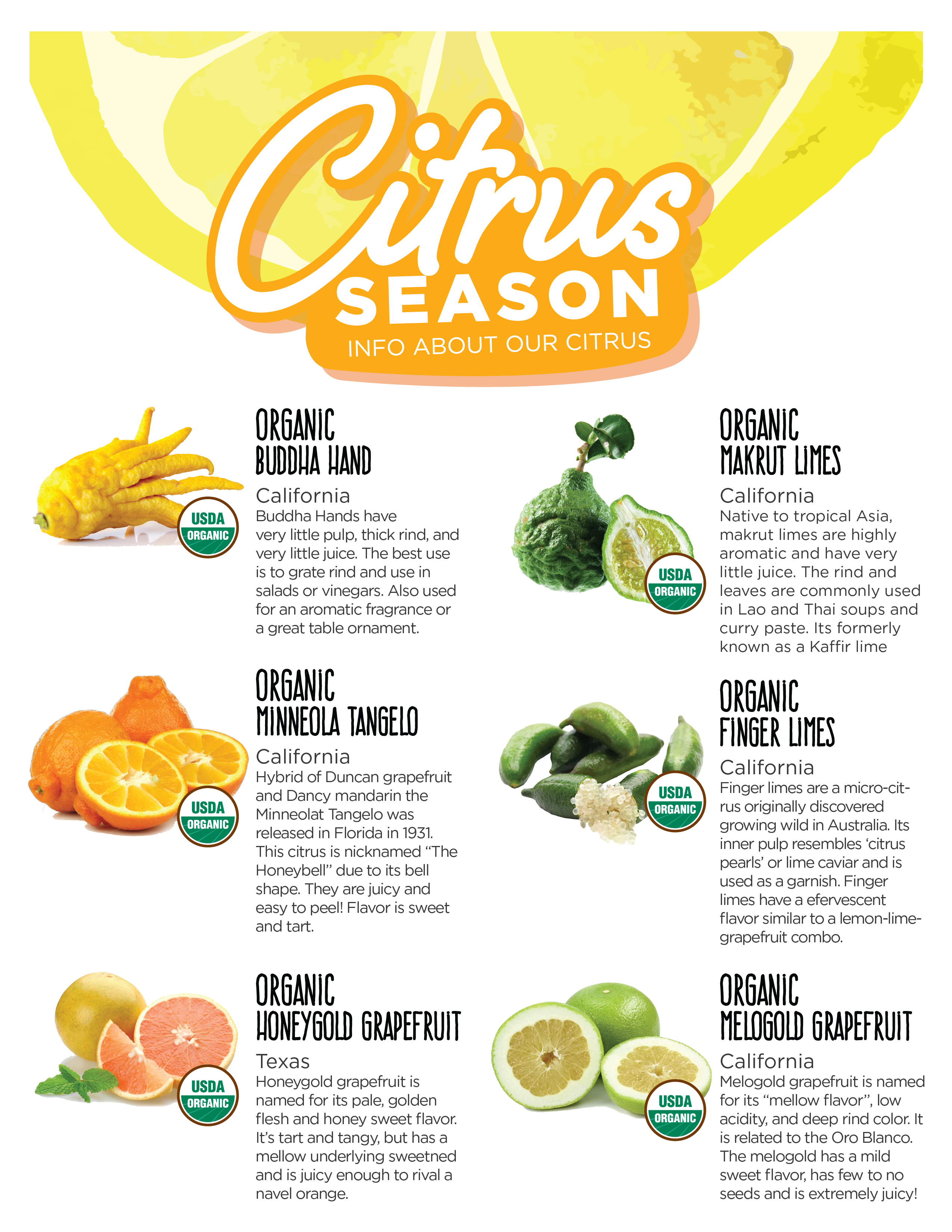
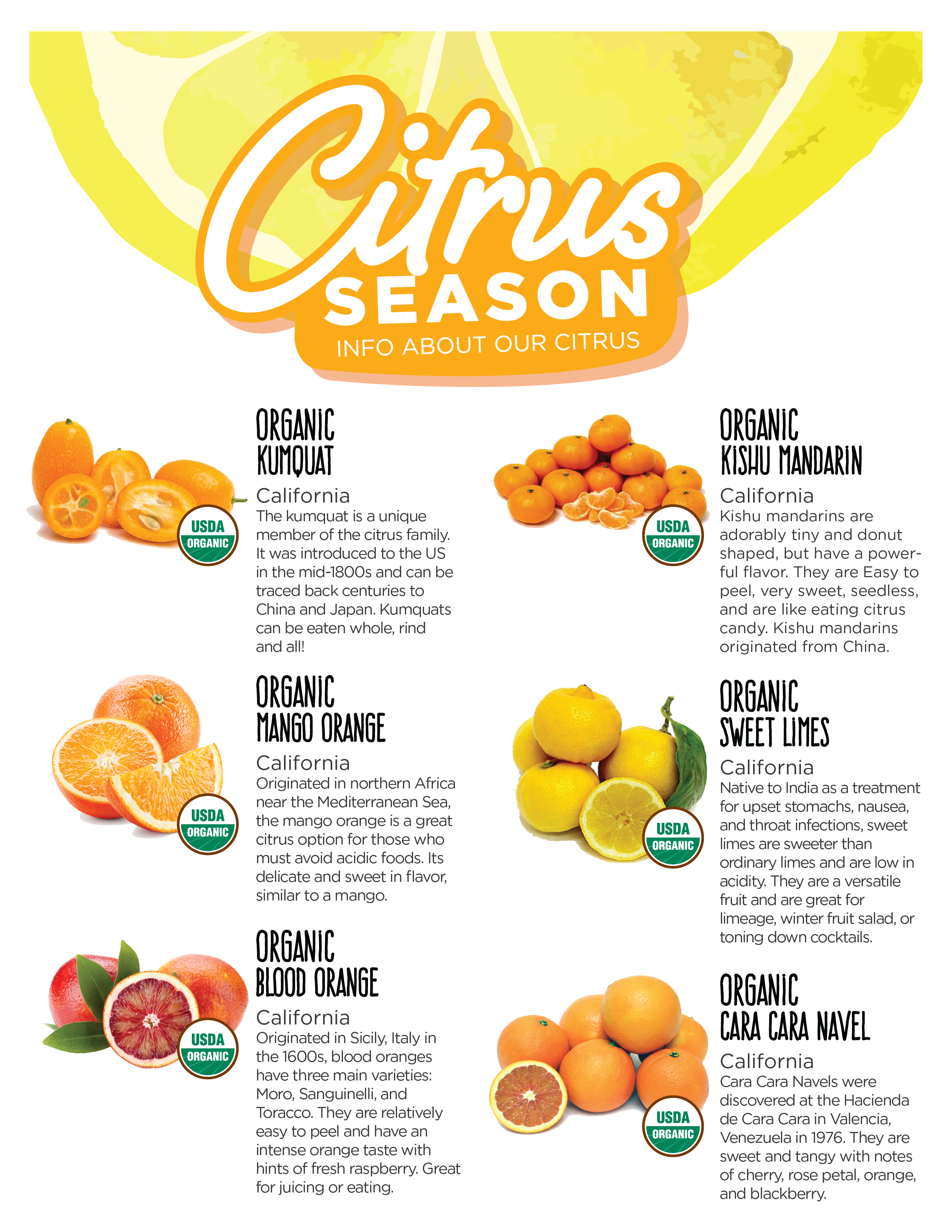
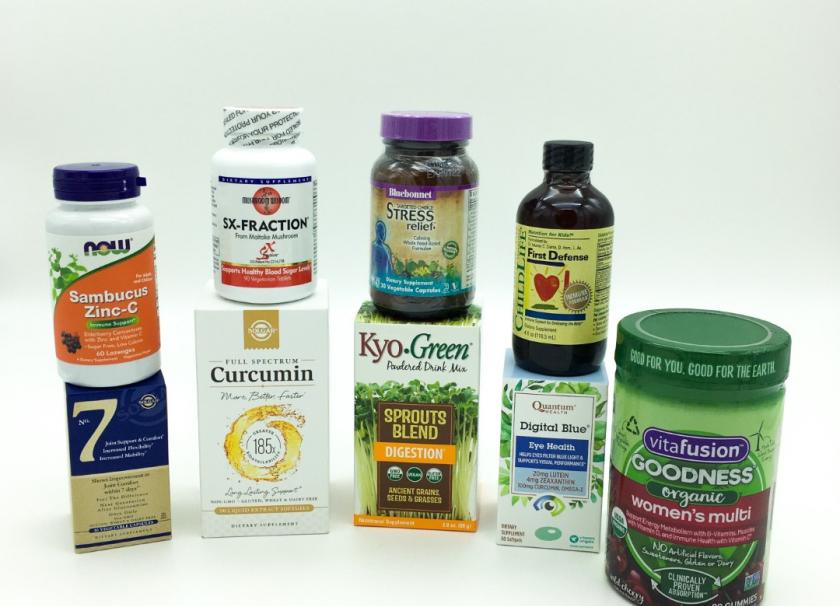
Taste for Life winter wellness giveaway
It's a month of giveaways from Taste for Life!
Giveaway #1 has finished up - so it's time for #2! This giveaway runs 1/27-2/2, so sign up below.
This package includes: NOW's Sabucus Zinc-C lozenges, Mushroom Wisdom's SX-Fraction, Bluebonnet's Stress Release formula, ChildLife's First Defense immune formula, Vitafusion's Organic Women's Multi vitamin, Quantum Health's Eye Health supplement, Kyo-Green Sprouts Blend digestion supplement, Solgar's full spectrum Curcumin supplement, and Solgar's No. 7 joint comfort supplement.

Rogue Co-ops College Scholarship
As part of the Rogue Co-ops, a group of Rogue Valley cooperative businesses that includes Ashland Food Co-op, Grange Co-op, Medford Food Co-op, and Rogue Credit Union, we're excited to offer a scholarship opportunity to local high school students planning on attending college.
The Rogue Co-ops have collectively funded a $2,000 scholarship (and Grange Co-op offers an additional eight $1,500 scholarships) for students (in public, private or home school settings) who meet the following requirements:

Become an Owner-Volunteer with the AFC Board
The AFC Board of Directors is looking for owner-volunteers for three board committees: the Owner Engagement Committee (OEC), Board Development Committee (BDC), and AFC Gives Committee.
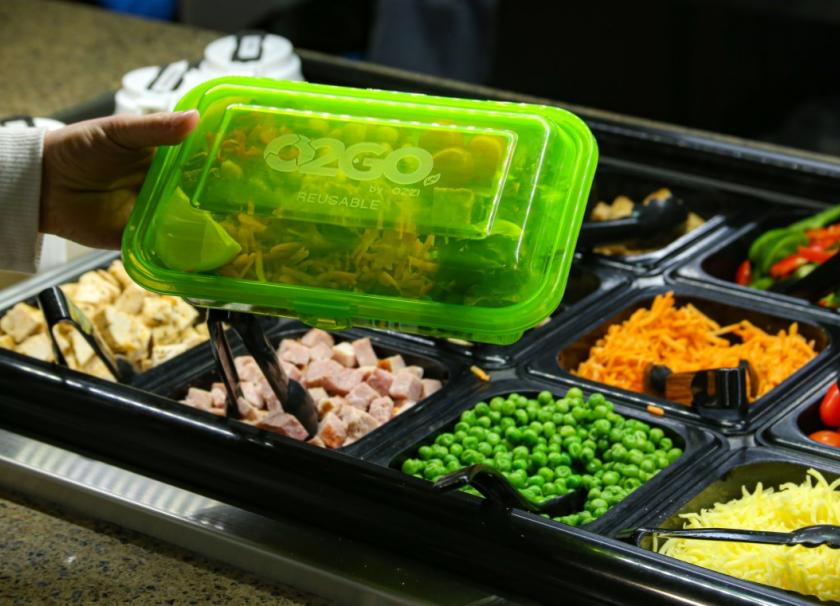
Sustainability Update: Building on a Strong Foundation
Sustainability Update
Our team has been working on many different projects throughout the year, taking great steps to fulfill our four sustainability goals. Our four goals to achieve by 2030 are: carbon neutrality, zero waste, eliminating toxic chemicals, and being a leader in our sustainable community. We look forward to our sustainable success in the upcoming decade!

2020: A vision for the future through Co-ops and local food
As the 2010s come to a close, the “20/20” eyesight analogy couldn’t be more appropriate for the new decade. With our eye on the future, there’s clearly a sense of urgency and awareness of the unique times we’re living in: a changing climate, increases in costs of living, and the shared pressures of a globalized world.
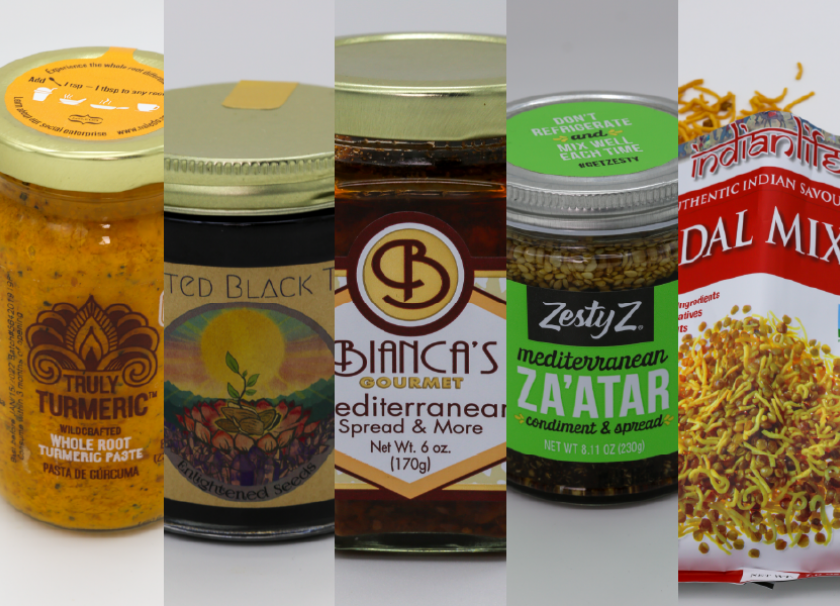
5 Items to Try: Spreads, Condiments & Snacks
It's fun trying new things! Here are five items you can find at the Co-op with a distinctly international flavor. Whether you're spreading them on some bread or naan, mixing up a salad dressing, or just want something salty and crunchy to snack on, try these out next time you want to elevate your dishes.
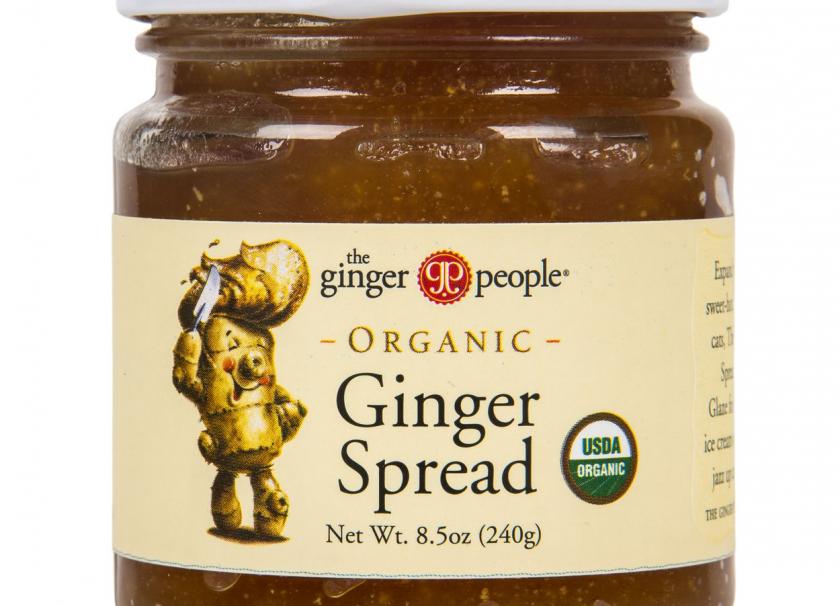
10 Ways to Enjoy: Ginger Spread
Sometimes you might come across a product at the Co-op and ask, "That looks good, but how in the heck can I use it in my cooking?" To answer that question, we picked this Ginger Spread made by The Ginger People (famous for their Gin-Gin candies). Grab a jar and try some of these unique applications in your own kitchen - or get inspired to utilize it in another way.
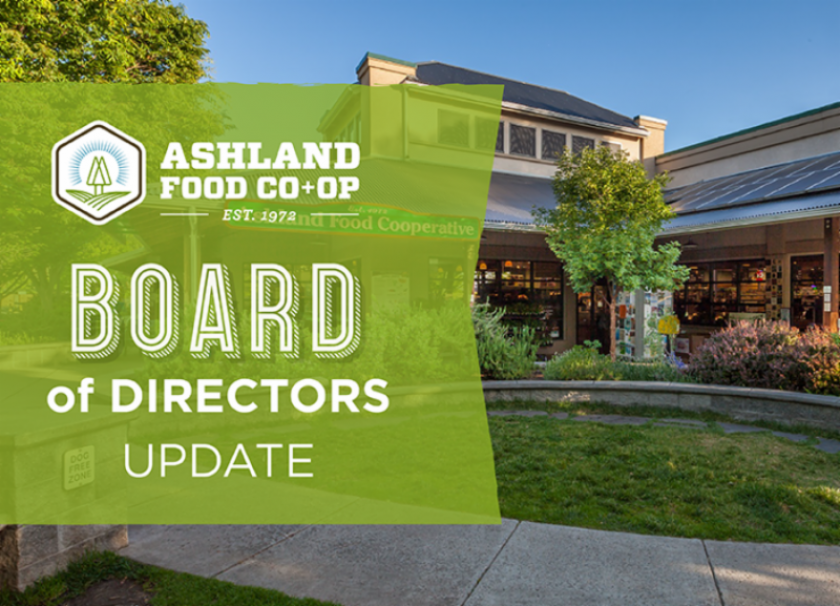
Meet Your Board: Melina Barker
Hello, Co-op members! My name is Melina Barker, and I joined the AFC Board of Directors this July. Since then, I have been busy learning about all the work the previous members have done to craft strategic goals to support the success of the AFC.
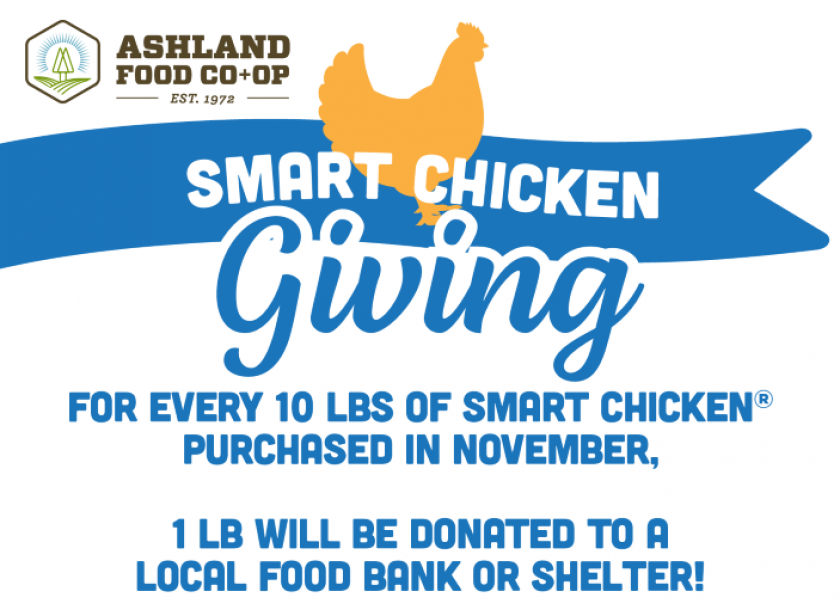
Smart Chicken® Holiday Giving in 2019
During the month of November, Co-op shoppers can nourish their own families and help fight hunger in the Rogue Valley.
Over the years, Smart Chicken® and Ashland Food Co-op have teamed up to donate thousands of pounds of chicken to ACCESS. Smart Chicken® will once again donate Smart Chicken® products based on the total volume that shoppers purchase at Ashland Food Co-op to ACCESS.
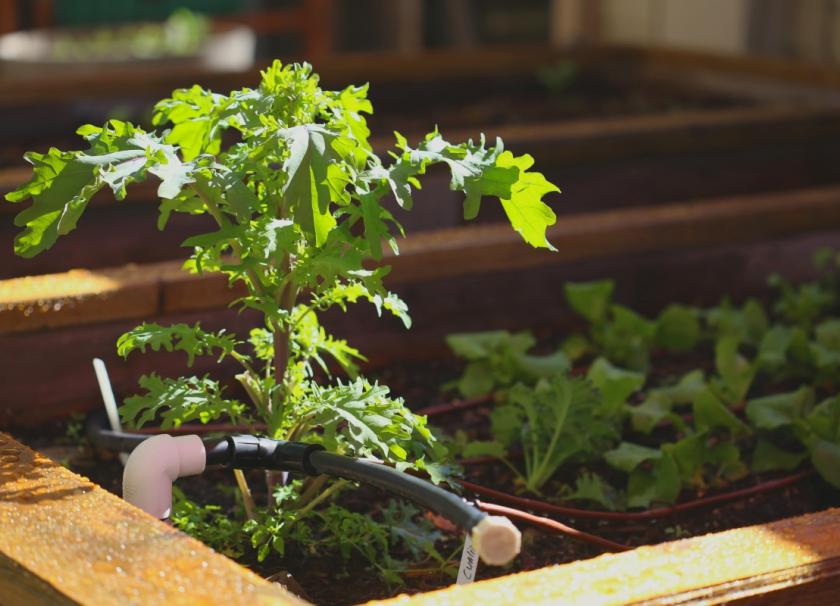
Henry in the Garden: Already Preparing for the Spring
The bane of all gardeners is powdery mildew - that white substance that collects both on the tops and bottoms of the leaves of your healthiest vegetable plants. Cucumbers and zucchini seem to be more easily affected by this scourge than many others.

GM Report: Gratitude for a Great 2019 at the Co-op
It’s the season of gratitude and reflection on the year that has passed, and there is so much to be thankful for as a Co-op owner.
2019 started off with the news that over $13,000 in emergency donations had been raised from Co-op owners and shoppers for support and relief efforts after Paradise, CA was leveled by a wildfire. This outpouring of our support was critical in the months after the fire, after the news trucks had left and the work of rebuilding began. I know how grateful we all are for the much calmer smoke season that our region experienced this summer.
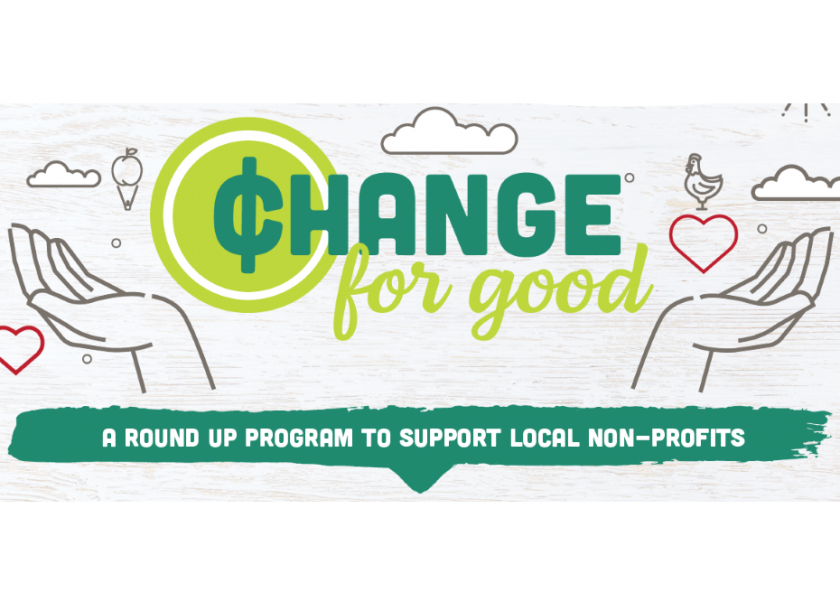
Rounding Up in October
Part of what makes co-ops unique are the guiding 7 Principles of Cooperation. One of the seven that is felt strongly in Ashland is "Concern for the community" - and that's why the Co-op is offering a new way to give back to our community for the month of October. When you pay at the register, you can round up your total to the nearest dollar. For example, $11.68 becomes $12, and $0.32 is donated.
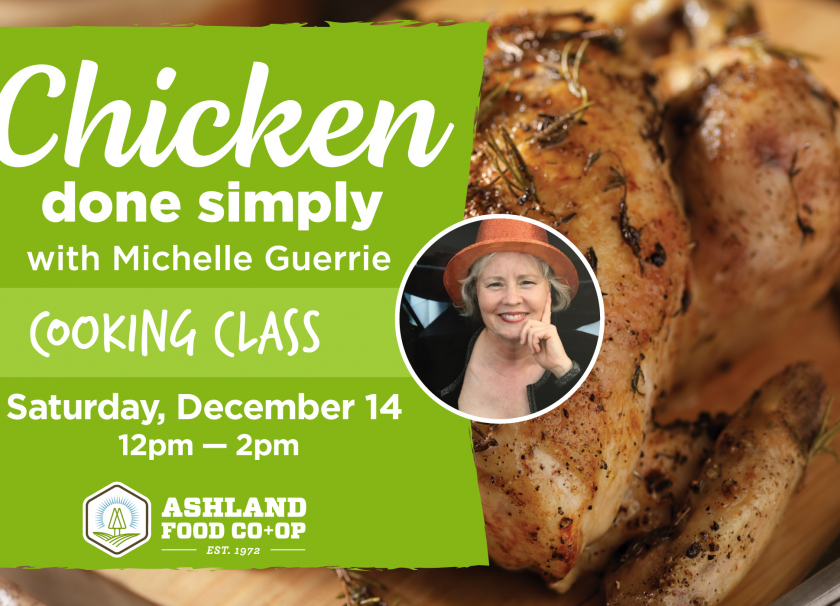
Win 2 tickets to "Chicken Done Simply" cooking class
Find out how fun and educational Co-op cooking classes are! Sign up below for the chance to win two free seats (for you and a friend or loved one) at the next class, "Chicken Done Simply" with the Co-op's own Michelle Guerrie.
